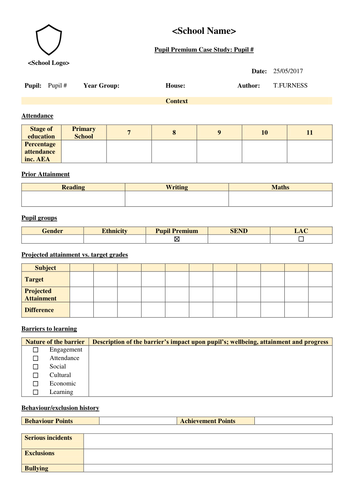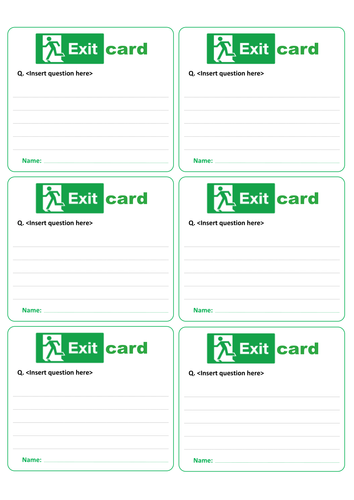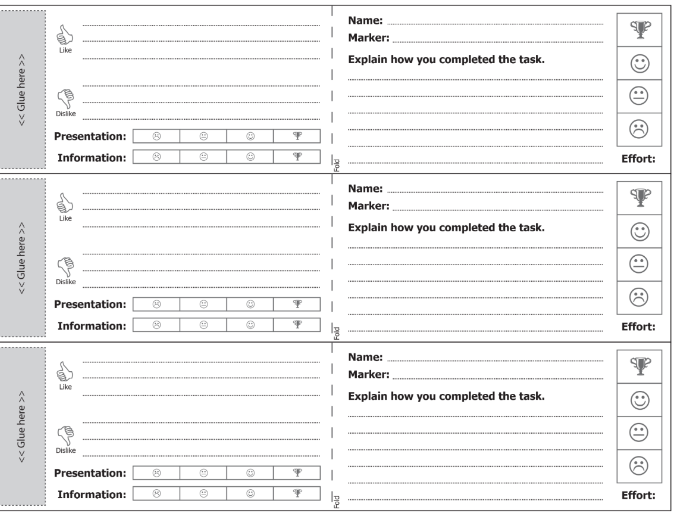Informing Education
Resources that facilitate data; collection, synthesis, analysis and target setting. Collaboratively designed with practitioners, to add value to existing data sets through contextualisation, and make provision for the collection of pupil performance data in the classroom.





